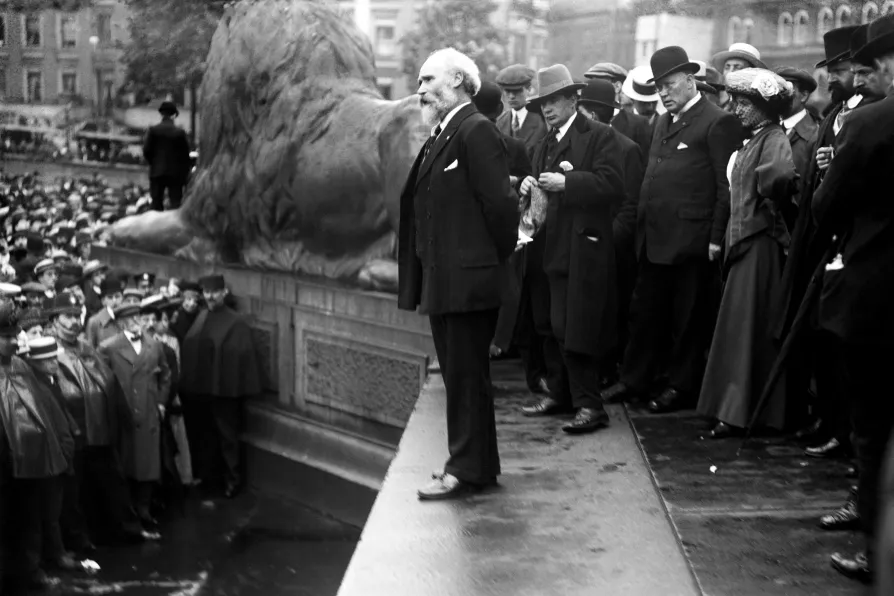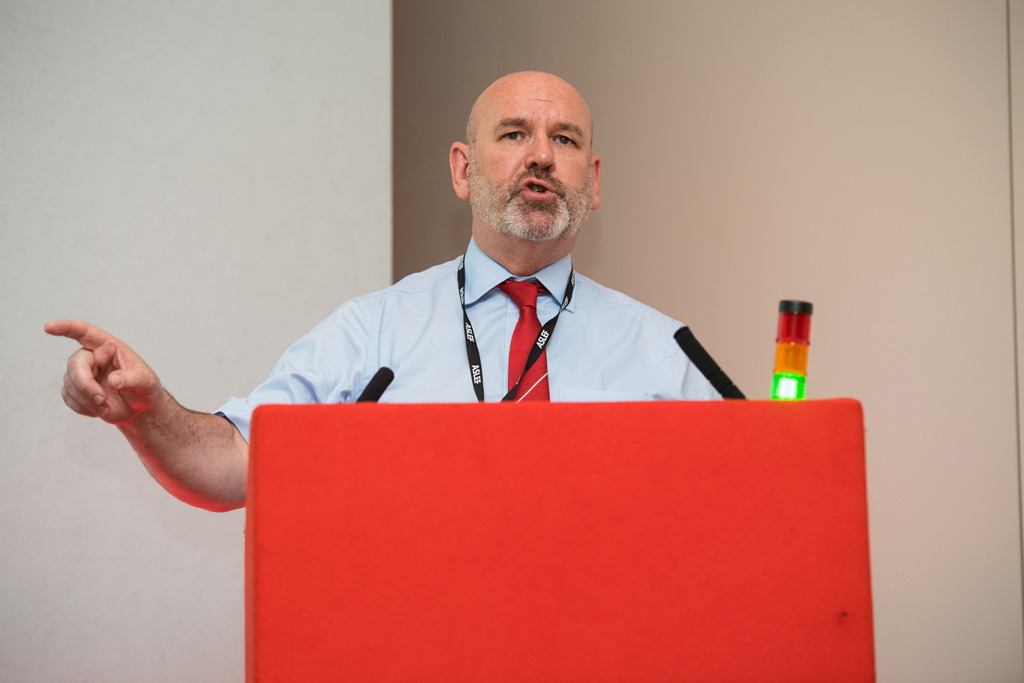VIJAY PRASHAD details how US support for Syrian President Ahmad al-Sharaa allowed him to break the resistance of the autonomous Syrian Democratic Forces (SDF)

 Keir Hardie (1856-1915) - British Labour leader and politician, born in Scotland; the first parliamentary leader of the Labour Party
Keir Hardie (1856-1915) - British Labour leader and politician, born in Scotland; the first parliamentary leader of the Labour Party
ON a couple of bitterly cold winter days back in 1900 – Monday and Tuesday February 26-27 – a group of men in heavy woollen suits, coats, and scarves met at the Congregational Memorial Hall on Farringdon Street, in central London, just around the corner from what is now Aslef’s head office, to set up the Labour Representation Committee.
The 129 delegates present represented a broad range of working-class and left-wing opinion – from trade union activists to the Independent Labour Party, Social Democratic Federation and Fabian Society.
They were all disenchanted with the Liberal Party and approved a plan, proposed by Keir Hardie, to get ordinary people into Parliament to “promote legislation in the direct interests of labour” – meaning working-class men and women impatient for better pay and working conditions, proper holidays, decent pensions, and unemployment benefit.
The Labour Representation Committee was formed at the end of the Victorian era, when millions of men worked in mills and mines and factories and shipyards.

Two-hundred years ago, on September 27 1825, the world’s first passenger railway line was opened between Stockton and Darlington. MICK WHELAN, general secretary of Aslef, the train drivers’ union, reflects on the history – and the future – of Britain’s railway industry

On the eve of the 157th Trades Union Congress, MICK WHELAN, general secretary of Aslef, the train drivers’ union, celebrates victory in his campaign to get dignity for drivers at work

As the labour movement meets to remember the Tolpuddle Martyrs, MICK WHELAN, general secretary of train drivers’ union Aslef, says it’s an appropriate moment to remind the Labour government to listen to the trade unions a little more












